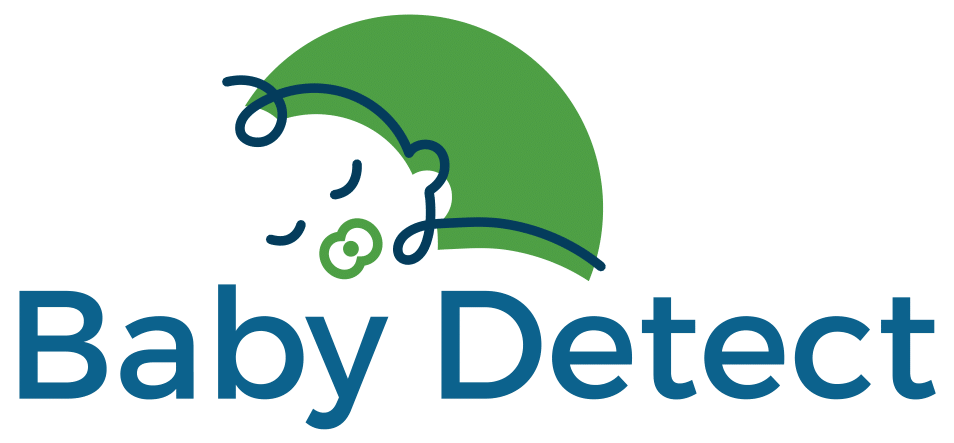SI gene (OMIM* 609845)
Also known as: Disaccharide Intolerance I; Sucrose-Isomaltose Malabsorption, Congenital
Sucrose Intolerance, Congenital Si Deficiency
OMIM # 222900 https://omim.org/entry/222900
1. The Disease
Congenital sucrase-isomaltase (CSID) deficiency is a rare genetic condition characterised by a deficiency in the small intestine brush-border membrane SI enzyme, resulting in an inability to metabolise specific carbohydrates, including sucrose, maltose and starch and ingestion of these substrates causes a variety of symptoms including bloating, abdominal pain and diarrhoea. CSID is inherited in an autosomal recessive pattern – a mutation must be present in the copies inherited from both the mother and the father – for the disease to manifest itself.
2. The Symptoms
CSID is usually diagnosed in infancy, although some individuals with milder forms are not diagnosed until adulthood. Many patients are probably misdiagnosed as having a functional disorder. Lack of early signs or symptoms does not exclude the diagnosis.
- Infants present with watery diarrhoea, abdominal pain and bloating. Diarrhoea worsens after ingestion of fruits, fruit juice and formulas with glucose polymer. Many patients can have normal growth.
- Severity of symptoms is related to residual enzymatic activity, levels of carbohydrate intake, gut motility and colonic fermentation.
3. Actions to take in case of early diagnosis
- Early treatment is essential in preventing chronic symptoms.
- Infants with a positive genetic test (having 2 mutations or 2 copies of a single mutations) should continue breastfeeding and be aware/ avoid milk formula containing sucrose, glucose polymer or starch. Early treatment, through diet restriction of sucrose and starch can solve half of symptoms.
- Infants with a positive genetic test should have confirmatory CSID testing through one of the following methods: identification of sucrose on faecal sugar chromatography can be a useful diagnostic clue prior to confirmation with duodenal/jejunal biopsy and mucosal disaccharidase assay.
- Diagnosis is now more difficult because many laboratories are no longer offering faecal sugar analysis, and hydrogen breath testing suggested as an alternative is problematic in children too young to cooperate (<4 years).
- A combination of genetic testing and clinical trial of sacrosidase may make mucosal enzyme assay unnecessary in most patients, especially infants. However, sacrosidase ERT does not correct starch maldigestion, patients under sacrosidase treatment are often not symptom-free and still have to stick to starch restriction. Other tailor-made enzyme preparations distributed by specialized pharmacists contain a combination of sacrosidase, amylase and amyloglucosidases, and facilites the complete digestion of starch to monomers. StarchwayÒ (invertase and glucoamylase capsules) can be a therapeutical alternative.
- CSID is a lifelong disease that requires lifetime compliance to dietary management and oral sacrosidase or other enzymes intake with meals. Regular follow-up with a metabolic disease specialist and a multidisciplinary approach to care, including pediatrics, genetics and nutrition.
- The prognosis for CSID is very favorable with lifetime compliance to a low-sucrose and starch diet, balanced meals and sacrosidase compliance. Sacrosidase with other enzymes are effective and safe for long-term treatment.
- Genetic counseling is highly recommended for family planning and evaluation of at-risk family members such as siblings.
4. For more information
Biblio: Puntis JW, Zamvar V. Congenital sucrase-isomaltase deficiency: diagnostic challenges and response to enzyme replacement therapy. Arch Dis Child. 2015; 100(9):869-71. PMID: 26163121.
